I recently heard a saying: “When you have one worker too many, you have two workers too few.” There is a lot of truth in this because an idle person always needs company for chatting and taking breaks. These breaks tend to be long and frequent, so you end up spending more time talking than working. Just think of the waiting times in state institutions that serve clients for only a few hours a day. I don’t understand people who can sit through their work hours doing nothing. I like to work, to contribute to development, but I also like to be adequately paid for it – especially when I bring in revenues of several million euros to the company. Just so you know, all intellectual property remains the employer’s property, which they can use later, so be moderate in giving ideas (learn from my mistakes).
Therefore, having too many workers decreases productivity just as much as having too few. Talking, in itself, isn’t bad; on the contrary, overdoing and abusing it can be disastrous for the job, whether it’s formal discussions in meetings or informal chats among colleagues during breaks. It’s clear that casual chatting during work hours if it lasts long or is frequent, disrupts the work process and reduces output. However, more dangerous for job execution than these casual conversations are the empty words of those who have nothing to say when something needs to be done, yet nothing gets done. We know what it means to be professional, constructive, and direct – to deliver results with talk that is relevant, logically connected, clear, and instructive. Many, however, choose to hide their unprofessionalism and ignorance behind empty words, as they are the best cover. One thing is purposeful communication (where words play a key role because most misunderstandings and problems arise from unclear or wrong messages), and another is empty communication, which serves no purpose and creates nothing. In corporations, you too often hear fairy tales from utterly unqualified people who are completely uninvolved in the core of the problem. Lots of formalities, introductions, elaborations, so-called conclusions, epithets, exaggerations, hidden meanings, metaphors, and results – very rarely or never.
We can conditionally divide all professions into two groups, depending on whether they are mostly based on theory or practice. Although action and talk are always connected and one does not exclude the other, I prefer creating something concrete rather than just talking about it. My brain functions in a way that when I hear or read about something new, I always think about how I can apply it to the work I am currently doing. Paradoxically, I work in marketing, yet my personal marketing (self-promotion) is relatively poor. However, most people equate marketing solely with advertising (often with pejorative political propaganda), focusing only on one P (promotion) out of the existing four (product, price, place, promotion), neglecting its essence – satisfying consumer or client needs. At first glance, I seem very modest, which is not true. I am a well-hidden secret, recognizable only to a skilled eye that can see the true potential. I don’t talk; I act. Although I wasn’t popular or a sycophant, my superiors often engaged me in additional projects because they knew it would ensure something got done. Someone once told me: “You are a make-it-happen person.” I haven’t received a bigger compliment.
Logically, my motto is: “Actions speak louder than words” and I always value what someone has done more than what they have said. The tongue is often quicker than the mind; you can easily offend someone, even if you don’t mean to, and then regret it. You can also flatter someone and give them compliments without meaning what you say. Yet in the end, all that is forgotten; only deeds remain in memory, as memories are mostly selective.
“It is a lie that we are defined by what we think or say. The truth is that we are defined by what we do.”

